On the latest episode of the Daily Mail’s Queens, Kings and Dastardly Things podcast, Robert Hardman reveals what the Prince and Princess of Wales are ‘very conscious’ of while raising their three children.
The royal biographer said that William and Kate are eager to make sure that Charlotte, 10, and Louis, 7, do not feel any ‘less loved or relevant’ than their older brother and heir to the throne, Prince George, 12.
He explained this commitment to a more equal upbringing is to ensure that Charlotte and Louis do not grow up with the same ‘resentment’ as other recent royal ‘spares’, such as Princess Margaret and Prince Harry.
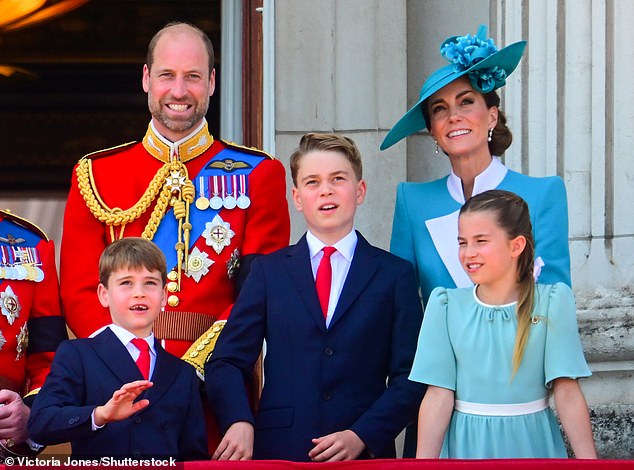
Robert Hardman has revealed what the Prince and Princess of Wales are ‘very conscious’ of while raising their three children
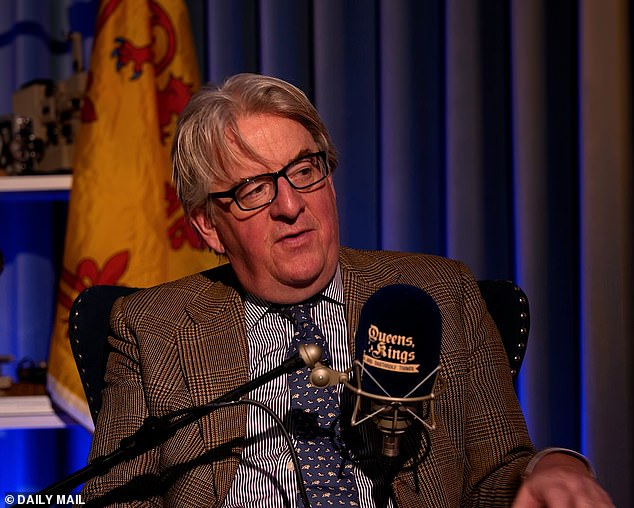
The royal biographer said that William and Kate are eager to make sure that Charlotte, 10, and Louis, 7, do not feel any ‘less loved or relevant’ than their older brother
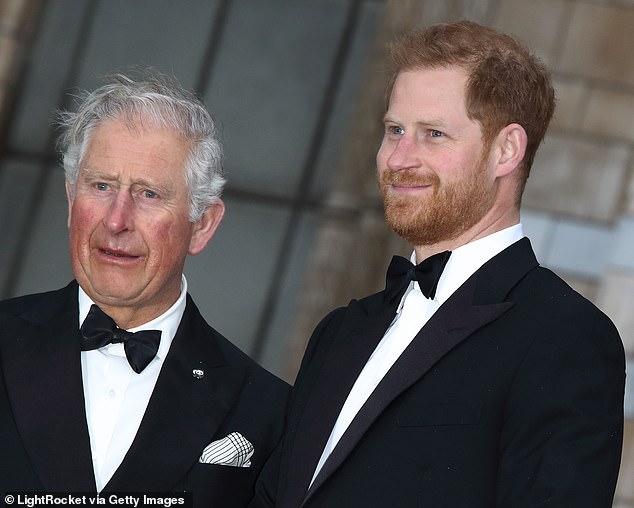
He explained this commitment to a more equal upbringing is to ensure that Charlotte and Louis do not grow up with the same ‘resentment’ as other recent royal ‘spares’
Looking at the worst ‘spares’ from across British history, Hardman however warned that monarchs often benefit from having a controversial sibling who can take the flak and deflect attention from the heir to the throne.
He told co-host and historian Kate Williams: ‘It is said that the Prince and Princess of Wales are very concerned.
‘Of course, Prince George is the heir, and that’s the way it’s going to be. It’s a hereditary, hierarchical, constitutional monarchy. You can’t change that.
‘But there are ways I think, in which you can try and ensure that you don’t leave the younger ones feeling they are any less loved or any less relevant.
‘They’re just going to have to accept their career path is going to be different.’
The royal biographer pointed to Princess Margaret as the best example of how not to raise a spare.
He said Margaret, who died in 2002, was ‘subjected to a series of slights’ throughout her life on account of being the younger sister of Queen Elizabeth II.
This treatment, Hardman said, created a melancholy and ‘rebellious streak’ in the Princess that remained with her until her death.
‘It was very tough for Margaret’, Hardman said.
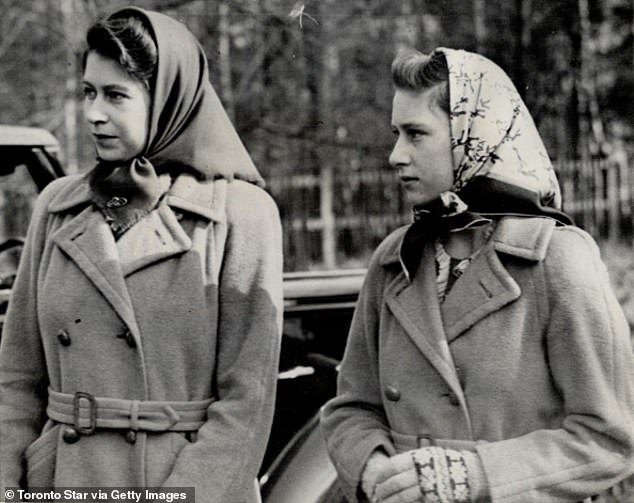
The royal biographer pointed to Princess Margaret (R) as the best example of how not to raise a spare
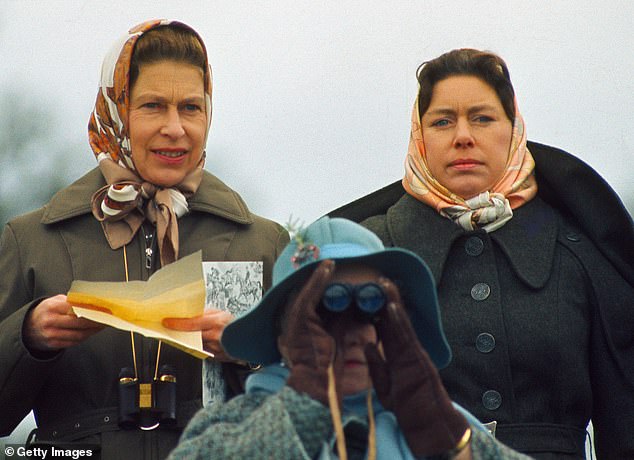
He said Margaret, who died in 2002, was ‘subjected to a series of slights’ throughout her life on account of being the younger sister of Queen Elizabeth II

Hardman argued that having a controversial sibling who attracts negative attention can actually be an asset to the monarch
‘On the one hand, she was expected to dress like her older sister. To look like her and do the same things.
‘But from an early age [there were differences]. Elizabeth got a proper education. She gets history lessons from Sir Henry Martin at Eton, Margaret doesn’t.
‘Elizabeth gets to wear a uniform and serve in the war, Margaret doesn’t. She got to have her own household and do engagements, Margaret doesn’t.
‘These are things that Margaret resents really all through her life. They do, I think, account for the rebellious streak in her that was there all the way until her death in 2002.’
There may be an unexpected downside to William and Kate’s pursuit of a more equal upbringing for the next generation of royals.
Hardman warned that having a controversial sibling who attracts negative attention can actually be an asset to the monarch, drawing criticism away from the heir to the throne.
He explained: ‘There was a very old courtier, Lord Charteris, who was one of Elizabeth’s favourite private secretaries.
‘Later in life, he always said that it’s very important – in every Royal family – to have a wicked fairy to take the flak.
‘Princess Margaret did more than her fair share of her life as the wicked fairy.
‘You have got to have your yin and yang.’
To listen to the full episode charting British history’s worst royal spares, search for Queens, Kings and Dastardly Things now – wherever you get your podcasts.
